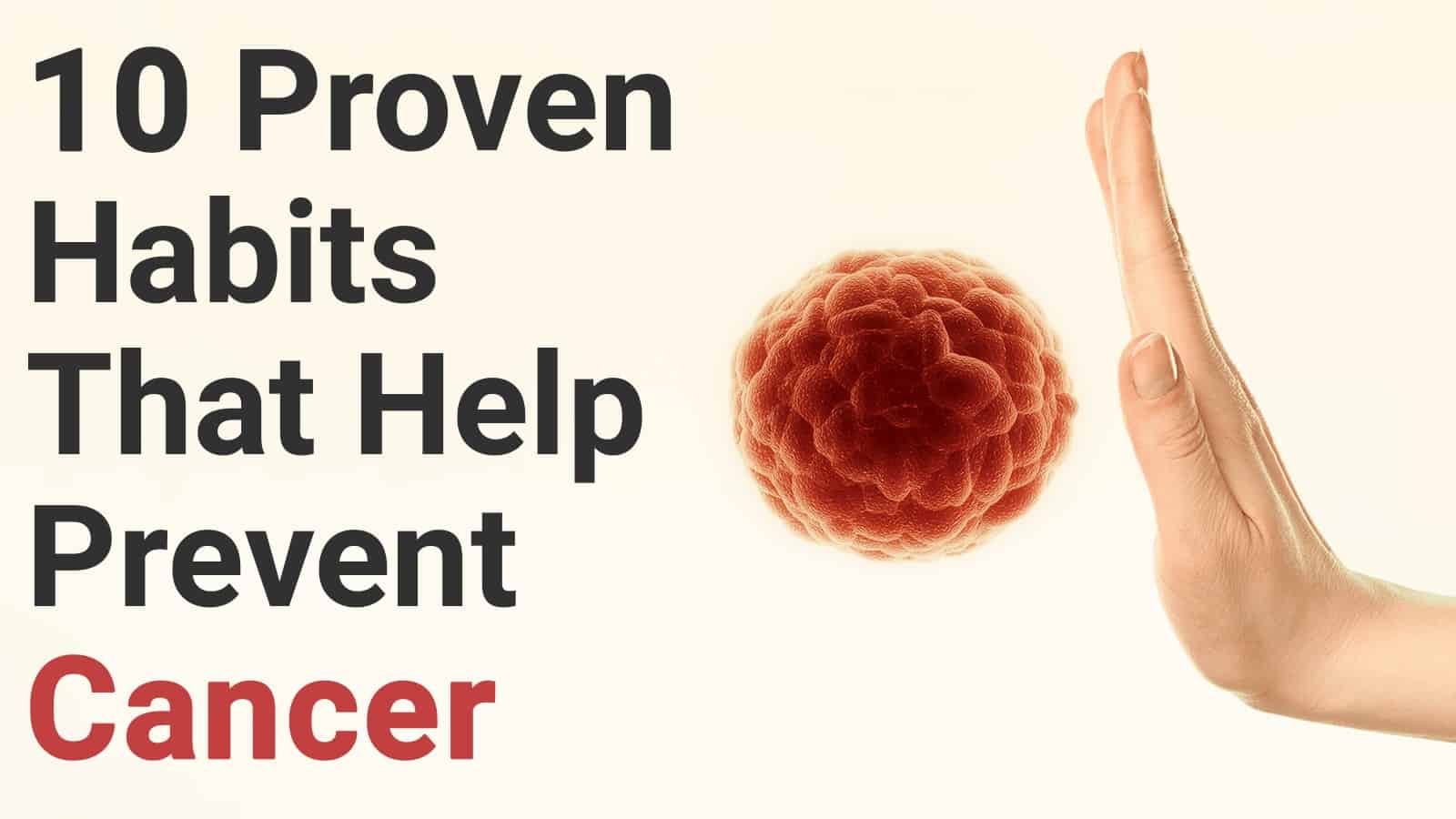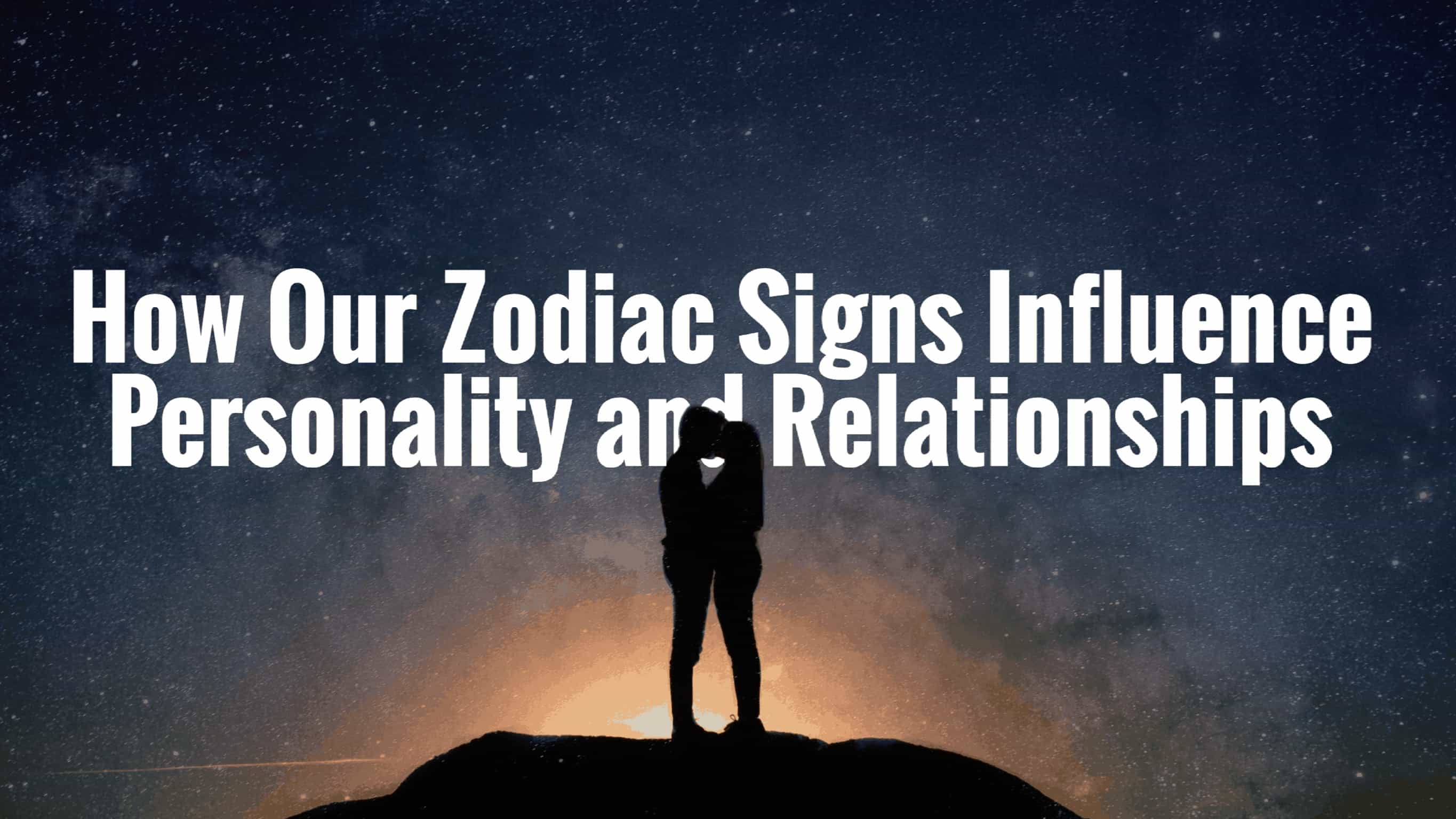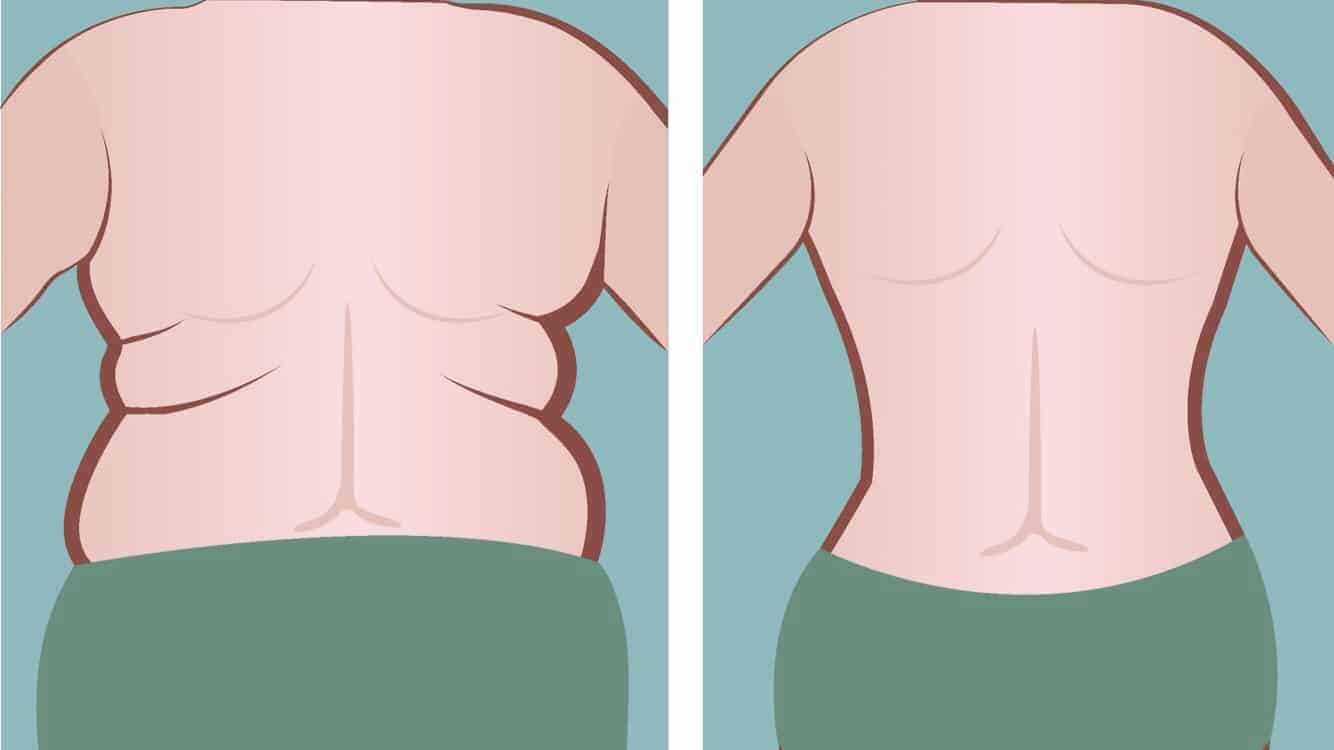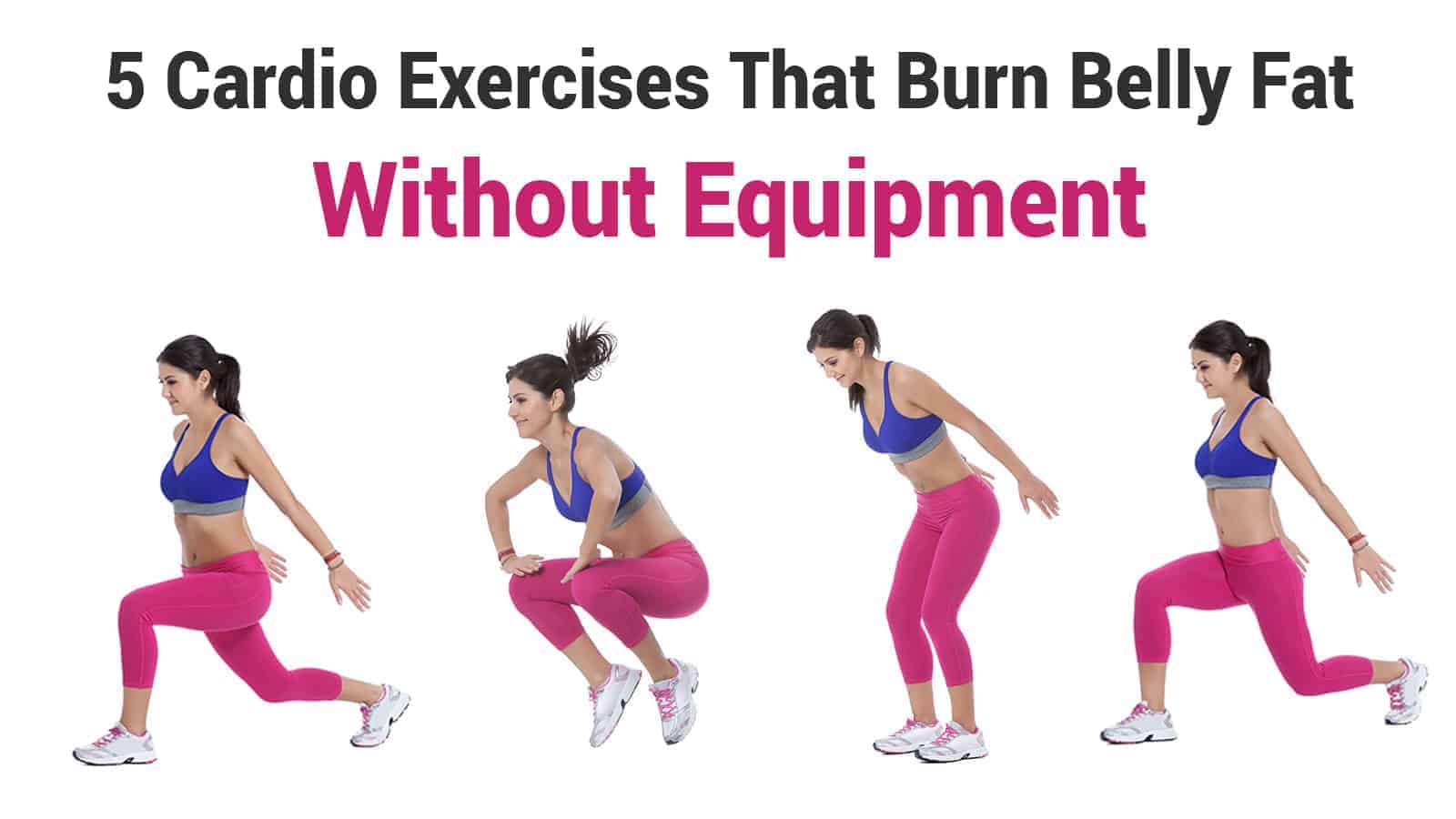Cancer is one of the leading causes of death worldwide, but here’s the hopeful truth: many cases are preventable. Despite the influence of genetics, studies indicate that consistent, healthy lifestyle choices can prevent up to half of all cancers. That’s why knowing the habits that help prevent cancer is more than just beneficial advice; it’s a daily act of self-care.
The foods you eat, how often you move, and even your stress levels all influence your long-term health. You don’t need to overhaul your life overnight. Small changes, practiced consistently, create powerful ripple effects over time.
In this guide, you’ll discover 10 proven habits that help reduce cancer risk and support your overall well-being, energy, and peace of mind.
Why Lifestyle Habits Matter in Cancer Prevention
“The first thing to do to lower cancer risk is to eliminate or minimize exposure to risk factors such as smoking, alcohol, obesity, poor diet, and inactivity.”
Dr. Neil Iyengar, Memorial Sloan Kettering
We often hear that cancer “just happens” or that it’s purely genetic, but that’s only part of the story. In reality, decades of research have shown that nearly half of all cancers are preventable. The choices we make each day, what we eat, how active we are, and whether we smoke or drink can significantly influence our long-term health.
According to leading health organizations like the World Health Organization, National Cancer Institute, and American Cancer Society, modifying certain risk factors can reduce your cancer risk dramatically.
The intention is not to intimidate you but to empower you. Your daily habits are powerful tools. When used wisely, they can serve as your first line of defense.
Here are some of the most prevalent lifestyle-related risk factors and the cancer types they are associated with:
 Risk Factor
Risk Factor Linked Cancer Types
Linked Cancer TypesDespite the fact that not all cases are preventable, this science serves as a reminder that you have more control over your future health than you may realize.
That’s why the next 10 habits aren’t just “nice to do”; they’re proactive steps to protect your body, reduce your cancer risk, and live with greater energy and peace of mind.
1. Quit Smoking and Avoid Tobacco Products
If there’s one habit you change today, let it be this: stop smoking. Tobacco use is the leading cause of preventable cancer deaths, responsible for nearly one-third of all cancer fatalities. It’s strongly linked to cancers of the lungs, mouth, throat, pancreas, bladder, and more. Even secondhand smoke poses serious risks.
Quitting isn’t easy, but it’s one of the most powerful things you can do to protect your health. The benefits begin almost immediately: within weeks, your circulation improves and your risk of cancer starts to decline. Whether you’re cutting back, using nicotine replacement, or seeking support from a professional, every step counts.
Your body wants to heal. Give it the chance by saying no to tobacco for good.
2. Improve Your Diet with Anti-Cancer Foods
What you eat doesn’t just fuel your body, it also helps defend it. A poor diet is one of the top lifestyle factors linked to cancer, especially colorectal, stomach, and esophageal cancers. But the right foods can help reduce inflammation, support your immune system, and even neutralize harmful free radicals.
Start by cutting back on red and processed meats, which have been classified by the World Health Organization as potential carcinogens. Replace them with plant-based powerhouses like broccoli, cabbage, and leafy greens—rich in fiber, antioxidants, and natural compounds shown to inhibit cancer cell growth.
Add garlic, turmeric, and berries to your meals for extra protection. Even small swaps, like choosing whole grains over white bread or adding a handful of nuts to your salad, can add up.
You don’t need a perfect diet, just a nourishing one. Let food be your defense, not your downfall.
3. Protect Your Skin from UV Exposure
Your skin is your largest organ, and it remembers every sunburn. Prolonged exposure to ultraviolet (UV) rays from the sun or tanning beds is the leading cause of skin cancer, including deadly forms like melanoma.
While a little sunshine helps your body produce vitamin D, too much can damage DNA in your skin cells. Over time, this damage builds up, increasing your cancer risk.
Here’s how to stay safe without hiding from the sun:
Use broad-spectrum sunscreen with SPF 30 or higher
Wear hats, sunglasses, and UV-protective clothing
Avoid tanning beds entirely
Seek shade during peak hours (10 AM to 4 PM)
Protecting your skin today means preserving your health tomorrow. Glow wisely, not recklessly.
4. Limit Alcohol Consumption
Alcohol might seem harmless in small doses, but even moderate drinking has been linked to higher risks of several cancers, especially breast, liver, and colorectal. When your body processes alcohol, it produces acetaldehyde, a chemical that can damage DNA and interfere with your cells’ natural repair systems.
You don’t have to quit entirely to make a difference. Simply cutting back can reduce inflammation, support liver health, and lower your overall cancer risk. The less you drink, the better your protection. It’s a habit that pays off in clarity, energy, and long-term well-being.
5. Manage Stress with Positivity and Mindfulness
Stress doesn’t just weigh on your mind, it wears on your body, too. Chronic stress can weaken your immune system, increase inflammation, and disrupt hormone balance, all of which may contribute to cancer growth over time.
Studies have found that long-term stress affects cellular aging and may even interfere with your body’s ability to detect and repair damaged cells. That’s why managing stress isn’t just about feeling better—it’s a protective habit for your health.
Practices like deep breathing, meditation, journaling, or mindful walks can lower cortisol levels and shift your body out of survival mode. Surround yourself with uplifting environments, lean into gratitude, and create moments of calm, even if only for five minutes.
Positive energy isn’t just a mood. It’s medicine.
6. Choose Healthy Proteins Like Fish
Not all proteins are created equal. Fish provides a safer, nutrient-rich alternative to red and processed meats, which are associated with a higher cancer risk, particularly colon and pancreatic cancers.
Fatty fish like salmon, sardines, and mackerel are packed with omega-3 fatty acids, which are known for their anti-inflammatory and immune-supporting effects. These healthy fats may help slow the growth of certain cancer cells and reduce inflammation, a known contributor to many chronic diseases, including cancer.
Fish is also rich in lean protein, vitamin D, and selenium, nutrients that support cellular repair and immune defense.
Try swapping a red meat dinner for grilled salmon once or twice a week. Or add tuna, trout, or cod to salads and rice bowls. It’s a small shift that can make a big difference in your long-term wellness.
7. Practice Safe Sex to Prevent HPV-Linked Cancers
Sexual health is a vital part of cancer prevention, especially when it comes to the human papillomavirus (HPV). HPV is the most common sexually transmitted infection and is directly linked to cervical, anal, throat, and other genital cancers.
The virus often goes unnoticed but can linger in the body and cause cellular changes over time. Thankfully, protecting yourself is simple and effective.
Use condoms consistently to lower transmission risk
Limit the number of sexual partners, especially if unvaccinated
Consider the HPV vaccine, which protects against the most dangerous strains
Get regular screenings like Pap smears and HPV tests
Empowered choices lead to empowered health. Safe sex isn’t just about prevention; it’s about honoring your body and protecting your future.
8. Stay Physically Active
Movement is medicine and one of the most powerful ways to reduce your cancer risk. According to the National Cancer Institute, regular physical activity lowers the risk of at least 13 types of cancer, including breast, colon, and endometrial.
Exercise helps regulate hormones like estrogen and insulin, supports healthy immune function, and reduces chronic inflammation—all key factors in cancer development. And you don’t need to run marathons to see benefits. Just 30 minutes a day of moderate activity, like walking briskly, dancing, or riding a bike, can make a real difference.
Bonus? It also boosts your mood, strengthens your heart, and helps you maintain a healthy weight, another major cancer risk factor.
Start where you are. Move how you can. Every step is a step toward prevention.
9. Reduce Sugar and Ultra-Processed Foods
Too much added sugar and heavily processed food doesn’t just affect your waistline; it can quietly increase your cancer risk. Diets high in sugar are linked to chronic inflammation, insulin resistance, and obesity, all of which are associated with cancers like endometrial, colorectal, and pancreatic.
Preservatives, additives, and artificial ingredients in many processed foods deplete your body of nutrients and upset its natural balance. Over time, these choices can weaken your defenses.
The goal isn’t perfection; it’s awareness. Choosing whole, real foods more often helps your body stay resilient and reduces the hidden risks you can’t always see.
10. Get Regular Screenings and Know Your Family History
Early detection is crucial for saving lives. Many cancers are far more treatable when caught early, yet screenings are often skipped or delayed. Tests like mammograms, colonoscopies, Pap smears, and skin checks can catch silent threats before they become serious.
If cancer runs in your family, that knowledge is powerful. It gives you the chance to be proactive, not reactive. Talk to your doctor about your family history and what screenings are right for you based on age, risk, and lifestyle.
Taking time for a test today could mean more time with the people you love tomorrow. Prevention isn’t fear; it’s self-respect.
 Final Thoughts: Prevention Is Power
Final Thoughts: Prevention Is Power
You don’t have to overhaul your entire life overnight to reduce your cancer risk. Small steps matter. Tiny habits stack. And consistency beats intensity every time.
These 10 science-backed habits are simple but powerful. They don’t just protect against cancer—they help you feel better, move better, and live brighter.
So eat the broccoli. Skip the tanning bed. Book that screening. Your future self will thank you.
Because prevention isn’t a punishment—it’s a superpower in disguise.
Start today. Stay consistent. And remember…
You’re not just living—you’re leveling up.



















